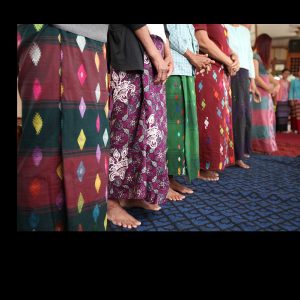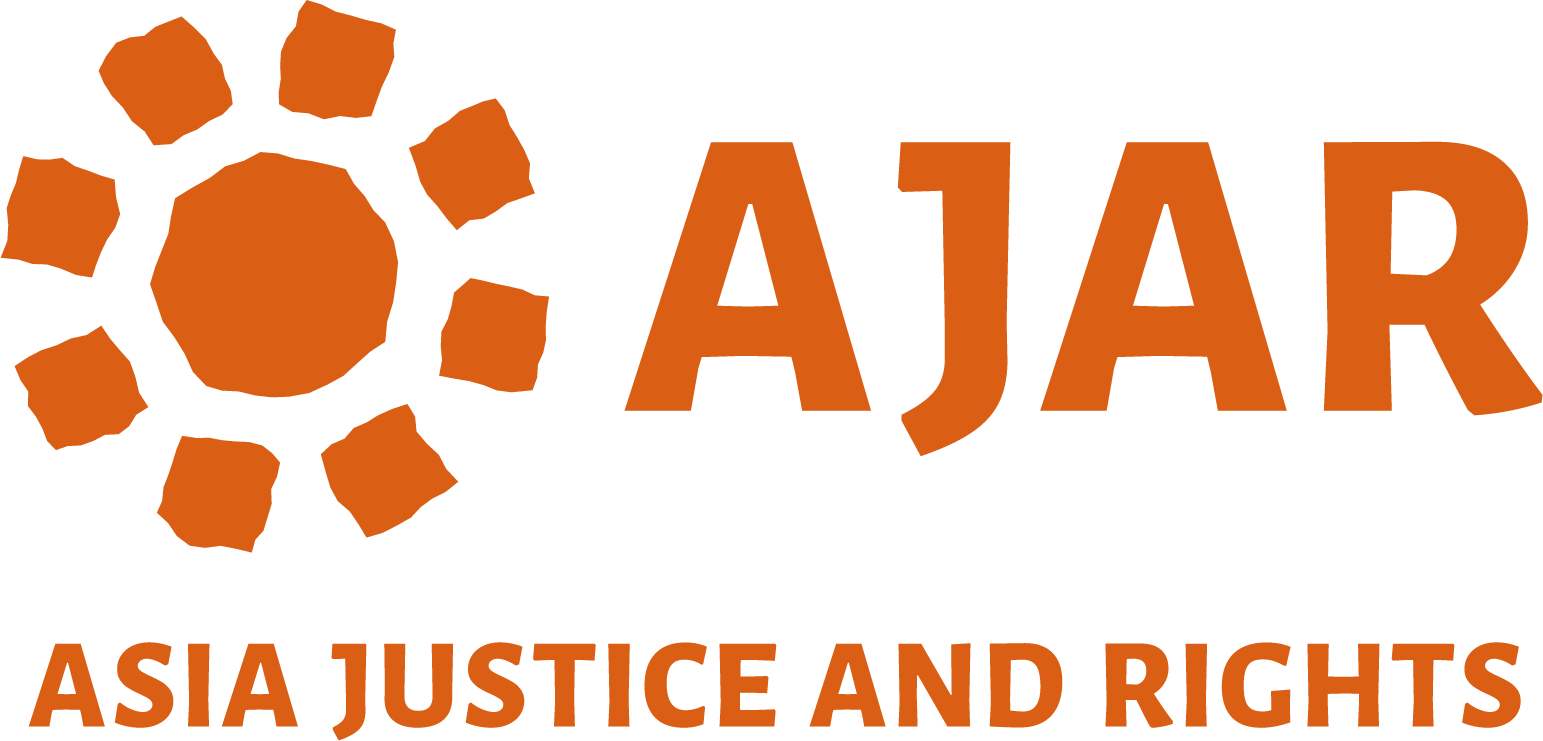Ah Nan: Not Giving Up on Justice
Ah Nan is a strong, resourceful woman with three daughters, the eldest of whom is 12, and a son who is six. She supports her mother and mother-in-law after her husband, a former KIA soldier, was arrested in 2013 for an offence related to drugs. A passionate woman, she is determined to fight for justice.
Soon after her husband’s arrest, two men came to Ah Nan’s house and raped her. She believes they were policemen, as the older one had a cap and blue pants like a police officer:
The two men came to my house. I had closed the door with an iron bar but they pulled it with all their strength. I asked who they were. At first I told them, I can’t, I’m sick and I can’t open the door. But, they continued to tell me to open the door. In the past, since my husband was the village chief, I had a lot of guests. I thought they might be someone in trouble, so I opened the door.
I couldn’t see them well as there wasn’t much light. Once they came in, I thought they might be the police related to my husband’s case. They took the knife that I keep on the wall in the corner. Then they told me to take off my longyi. I had three layers of underwear including tights. I told them, even if you want to check me, you shouldn’t do that. But they didn’t listen.
The senior person told the other to bring my motorbike from outside closer to the house. They threatened me and asked me if I felt pity for the six children in the family and said I could go to jail.
They asked me to follow them and talk quietly to protect my dignity. At first I thought I should follow them. But I was sick and weak and I thought they might kill me somewhere. So, I decided I would rather die here in my house if they were going to kill me. I begged them, saying that I was sick. I showed them the wound from injecting medicine which cost me 60,000 Ks. Then, they told me that I was like my husband, very stubborn.
The older man then threatened Ah Nan with a knife. He pushed her to the ground and raped her, while his accomplice held her arms.
I tried to shout but he hit me on my mouth with his cap and the pain was still there for the next four days. I prayed to God silently. Then, the younger one who was not more than 20 took his turn. After they had finished they saw the motorbike and asked whether it belonged to me, and took it.
When Ah Nan complained to the authorities and attempted to identify the perpetrators, she was met with contempt, threats and intimidation:
The [authorities] shouted “Where! Who!” But I wasn’t scared and I tried to tell them what really happened. They were very angry.
The two perpetrators had threatened to arrest me using handcuffs. The [authorities] asked whether they were police or soldiers. I tried to tell them that they were wearing blue trousers and I did not know exactly whether they were police or not.
Ah Nan was particularly anxious to reclaim her motorbike, as without it, and her being in poor health, the family found it very difficult to farm the fields high up the mountainside.
They showed me all the motorbikes but ours wasn’t there. Then they told us that an officer was using our motorbike. It’s still new. We hadn’t even used it. I really feel angry and sad when I think about my motorbike. It was very difficult for us to buy it…
In the past, our family was very happy, but we cannot farm on the mountain anymore. I will need to take care of my children as best I can. They are all in school. This year I had to buy rice as we didn’t have enough for the family from our farm.’
Ah Nan’s husband was sentenced to several months in prison but is still detained. She is still looking for the two perpetrators but has been unable to locate them. She sent a letter of appeal to the authorities with the assistance of community-based organisations, but she has only faced intimidation as a result. She wants to seek justice for her case, despite the risks and difficulties.
Ah Nan took a great risk in attending the survivors’ meetings as she had been warned not to go anywhere. She said that she had gained strength from hearing others’ stories. To share her own story Ah Nan had to overcome cultural taboos and criticism for speaking out from some in her local community. When she spoke, she begged her fellow survivors not to judge her harshly. However, the Kachin women encouraged her, and she replied that she wants to tell the truth on behalf of others who have suffered from violence, and who are afraid to speak out.
